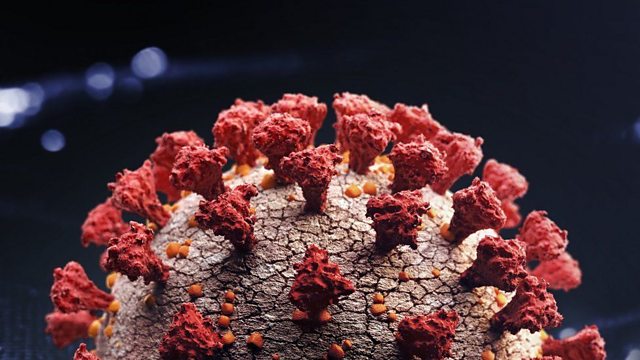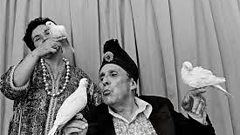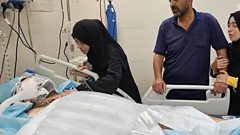Omicron: What trends in South Africa teach us about the variant
Despite the World Health Organization urging people not to panic about the Omicron variant of coronavirus, it's difficult not to be apprehensive when scientists are still trying to find out more about it. How transmissible is it? How virulent is it? Is natural immunity a protection? Will existing vaccines work?
Ten days after Omicron was first detected in South Africa, scientists there are trying to come up with some of the answers. They've concluded it does appear to spread more than twice as fast as the existing Delta variant. Cases of Omicron are now being reported around the world.
Carl Pearson is a mathematical modeller at the London School of Hygiene and Tropical Medicine who's currently in South Africa, where he's been involved in the latest research into the Omicron variant.
Photo shows: A computer generated image of Covid-19 Credit: Getty Images
Duration:
This clip is from
More clips from Newshour
-
![]()
Dim and bright: The mystery of supergiant star Betelgeuse
Duration: 03:23
-
![]()
Chilean artist Paz Errazuriz on documenting the Pinochet regime
Duration: 06:55
-
![]()
Marina Tabassum on designing the 2025 Serpentine Pavilion
Duration: 06:37






